Freight consolidators and forwarders play a vital role in global trade, ensuring that your shipments move efficiently from one point to another. As the global freight forwarding market grows, valued at approximately USD 178,348.2 million in 2023 and projected to reach USD 287,495.6 million by 2032, with a compound annual growth rate (CAGR) of 5.45%, understanding these services becomes more important for businesses involved in international trade.
Freight consolidators group multiple smaller shipments into one larger shipment, allowing you to save on costs by sharing the space. On the other hand, freight forwarders manage the entire shipping process, coordinating between multiple carriers, handling customs documentation, and ensuring timely delivery.
Whether you’re an exporter or a business expanding overseas, understanding their services can save you time and money. This article will explore the roles of freight consolidators and forwarders, their benefits for exporters, and how they contribute to more efficient international shipping.
What is a Freight Consolidator?
A freight consolidator is a company that combines several smaller shipments from different exporters into a single larger shipment. This process is called consolidation, and it allows businesses to share the cost of transportation. Rather than each exporter paying for a separate shipment, freight consolidators group multiple smaller consignments together, reducing the overall cost for each individual exporter. This service is particularly beneficial for exporters who don’t have enough volume to fill an entire container or truck on their own.
Role of Freight Consolidators:
- Cost Efficiency: By consolidating smaller shipments, the cost of freight is split among several exporters, leading to reduced shipping rates.
- Optimized Space Utilization: Freight consolidators ensure that all available space in containers, trucks, or ships is used efficiently, reducing wasted space and increasing cost-effectiveness.
- Handling Documentation: Consolidators manage all the necessary paperwork, such as bills of lading and customs forms, ensuring the shipment meets international shipping regulations.
- Reduced Risk: Consolidators can help mitigate the risks of delays and damages by consolidating multiple shipments into one larger, more coordinated shipment.
- Improved Shipment Scheduling: Freight consolidators arrange the scheduling and handling of goods, ensuring timely and efficient transportation.
Freight consolidators are especially useful for small and medium-sized exporters who want to keep shipping costs low while ensuring efficient and timely deliveries.
What is a Freight Forwarder?
A freight forwarder is a company that handles the logistics of shipping goods from one place to another. Unlike freight consolidators, who mainly focus on grouping shipments, freight forwarders manage the entire transportation process. They take care of everything from booking cargo space with carriers (airlines, shipping lines, or trucking companies) to ensuring that your goods meet all customs requirements. Freight forwarders act as intermediaries between exporters and the transportation network, offering end-to-end solutions to make international shipping smoother.
Role of a Freight Forwarder:
- End-to-End Logistics Management: Freight forwarders handle the entire shipping process, from arranging carriers and selecting routes to ensuring delivery at the destination.
- Customs Handling: Forwarders manage customs documentation, ensuring that shipments meet import/export regulations and avoiding any delays at customs.
- Carrier Selection: They work with various carriers, helping to find the best options for transportation based on cost, speed, and reliability.
- Warehousing & Distribution: Many freight forwarders offer warehousing services for goods in transit and manage the distribution to final destinations.
- Tracking and Reporting: They provide real-time tracking of shipments and status updates, ensuring visibility throughout the transportation process.
- Risk Management: Freight forwarders help exporters reduce risks by offering insurance options, handling any potential issues, and providing support in case of damage or loss during transit.
Freight forwarders are essential for businesses that need a comprehensive, hassle-free solution for managing the complexities of global shipping. Whether it’s navigating customs or coordinating the transportation network, forwarders ensure goods are delivered efficiently and on time.
In such scenarios, Intoglo’s FCL shipping services stand out. We offer a seamless solution for businesses, handling everything from customs clearance to transportation coordination. With Intoglo, you can count on timely, efficient delivery without the hassle, allowing you to focus on growing your business while they manage the logistics.
Suggested Read: How To Choose The Best Freight Forwarder For FCL DDP Shipments?
Cost Structures and Pricing Models
The cost structures and pricing models of freight consolidators and freight forwarders vary significantly based on the services they offer, their business models, and how they manage shipments. Understanding these pricing models is crucial for exporters to determine which service aligns best with their budget and shipping needs.
- Freight Forwarders
Freight forwarders typically adopt a service-based and margin-based pricing model. This means that the cost of shipping is calculated based on the services provided, which may include cargo booking, customs clearance, documentation, and warehousing. Freight forwarders will often add a margin on top of the costs for transportation, insurance, and other expenses incurred during the shipping process.
Service-Based Pricing:
- Freight forwarders charge for each service they provide, such as cargo booking, documentation handling, and customs clearance.
- The price depends on the complexity of the shipment, the type of goods being transported, and the destination.
Margin-Based Pricing:
- Freight forwarders add a percentage margin on top of the transportation and other service costs to cover their overhead and generate profit.
- The margin typically varies based on the value of the shipment, the type of cargo, and the destination’s specific shipping challenges.
Flexible Pricing:
Freight forwarders offer flexibility in their pricing models, allowing exporters to negotiate based on factors like shipment frequency, volume, and specific service requirements. This makes it easier to adjust prices according to the scale and complexity of the shipment.
- Freight Consolidators
Freight consolidators operate with a volume-based pricing structure, which is especially beneficial for exporters who need to ship smaller quantities of goods. Since consolidators group several smaller shipments into one larger shipment, the overall cost of transportation is shared among the various exporters involved, making it more affordable.
Volume-Based Pricing:
- The cost is primarily determined by the volume or weight of the cargo, rather than the destination or specific shipping services.
- The larger the volume of goods, the lower the per-unit cost. As a result, exporters who regularly ship larger volumes can enjoy significant cost savings.
- For small to medium-sized exporters who don’t have enough goods to fill an entire container, consolidators provide a more cost-efficient option by pooling shipments.
Simplified Pricing Structure:
- Freight consolidators offer a simpler, more transparent pricing structure. Since costs are based on volume or weight, it’s easier for exporters to understand what they’re paying for and estimate costs in advance.
- There are fewer hidden fees compared to freight forwarders, making it easier for exporters to calculate the total shipping costs.
Comparing Cost Structures: Key Takeaways
- Freight Forwarders: With service-based and margin-based pricing, freight forwarders can accommodate a wide range of needs, offering flexible pricing for both regular and one-off shipments. However, their pricing can be more complex due to the variety of services they provide, and the cost may increase with additional services like warehousing or insurance.
- Freight Consolidators: Consolidators, on the other hand, keep their pricing structure simple and straightforward. Their volume-based rates ensure that exporters pay only for the space they need in a container, making it more affordable for smaller shipments. However, the main benefit of consolidators is the ability to save on shipping costs by sharing container space with other exporters.
Ultimately, both freight forwarders and consolidators have their advantages, and the best choice depends on your shipping volume, the complexity of your shipments, and your budget. Understanding these pricing models will help you make more informed decisions and optimize your shipping strategy.
Freight Consolidators vs Freight Forwarders
| Aspect | Freight Consolidators | Freight Forwarders |
| Primary Role | Combine smaller shipments into one larger shipment, reducing shipping costs for exporters. | Manage the entire shipping process from booking cargo space to delivering goods at the final destination. |
| Pricing Model | Volume-based pricing, typically based on the weight or volume of goods being shipped. | Service-based and margin-based pricing, with costs for various services like booking, customs clearance, and insurance. |
| Cost Structure | Simplified and transparent pricing, with a focus on shared transportation costs. | More complex pricing, with flexibility in rates depending on services and shipment specifics. |
| Service Flexibility | Limited flexibility as their service is primarily focused on consolidating shipments. | Highly flexible, offering a range of services including customs handling, risk management, and warehousing. |
| Target Exporters | Best for small and medium-sized exporters shipping smaller quantities of goods. | Suitable for exporters of all sizes, especially those with complex or large shipments needing full-service logistics. |
| Documentation & Compliance | Handle essential documentation for consolidation, but not full customs clearance. | Provide full documentation support, including customs clearance and compliance with import/export regulations. |
| Risk Management | Minimal risk management support, but can offer insurance options. | Offer comprehensive risk management, including cargo insurance and handling of any transportation issues. |
| Warehousing | Some may offer short-term storage for consolidated goods before shipment. | Often provide warehousing solutions for goods in transit or upon arrival, offering more storage options. |
| Speed of Delivery | May have slightly longer delivery times due to the consolidation process. | Can offer faster, direct shipping options, depending on the chosen route and carrier. |
| Shipment Volume | Best for smaller shipments from multiple exporters. | Handle shipments of all sizes, from small to large-scale, and may offer customized solutions. |
| Overall Complexity | Less complex with a focus on simplifying costs and shipment consolidation. | More complex, as freight forwarders manage the entire logistics process from start to finish. |
This table clearly outlines the key differences between freight consolidators and freight forwarders, helping exporters make an informed decision based on their specific shipping needs.
Making the Right Choice for Your Business
When deciding between freight consolidators and forwarders, your choice depends on your specific shipping needs. Freight consolidators are great for smaller shipments that need cost-efficient, space-optimized solutions. In contrast, freight forwarders like Intoglo offer comprehensive, end-to-end services, ensuring that every aspect of your shipment, from origin pickup to last-mile delivery, is handled smoothly and efficiently.
If you’re looking for a reliable and efficient freight forwarding partner, Intoglo is the ideal choice for door-to-door FCL shipping from India to the USA. Here’s why:
Intoglo’s Services & Features:
- Origin Pickup: Fast, pan-India pickups within 24 hours.
- Origin CFS & Customs Clearance: Smooth handling of the cargo at the origin with hassle-free customs clearance.
- Ocean Freight: Competitive ocean freight services with contracts with major shipping lines.
- Destination CFS & Customs Clearance: Ensuring smooth customs clearance at destination ports in the USA.
- Last Mile Delivery: Direct trucking network in the USA for reliable delivery to your destination.
- Pan India Pickup: Pickup service available across India in just 24 hours.
- Own CFS Space at Major Ports: Access to dedicated space for handling shipments at major ports.
- Hassle-Free Customs Clearance: Expertise in navigating customs for both India and the USA.
- Next Gen Warehousing: State-of-the-art warehousing solutions to store and manage your goods.
- End-to-End Tracking: Track your shipment every step of the way, from pickup to delivery.
- Transparent Quotation: Clear, upfront pricing with a detailed breakdown and transparent terms & conditions.
With Intoglo’s extensive services, you can ensure a seamless shipping experience from India to the USA. Their expertise in logistics and customs, along with real-time updates, makes them a trusted partner for your cross-border shipping needs.
Suggested Read: Differences Between Shipping Line and Freight Forwarder Explored
Advantages and Limitations of Freight Consolidators and Freight Forwarders
Both freight consolidators and freight forwarders offer distinct advantages and limitations, making it important for exporters to understand which service best fits their needs.
Below is a breakdown of the advantages and limitations of each.
Freight Consolidators
Advantages:
- Cost Efficiency: Freight consolidators are ideal for exporters shipping smaller quantities of goods. By combining multiple smaller shipments into one larger shipment, they help reduce shipping costs significantly. This shared cost structure is especially beneficial for small and medium-sized exporters who don’t have enough volume to fill an entire container on their own.
- Simplified Pricing: The pricing structure of freight consolidators is straightforward and based on volume or weight. This transparency makes it easier for exporters to understand the costs and plan accordingly.
- Space Optimization: Consolidators ensure that all available space in shipping containers is used effectively, helping to avoid wasted space and reduce overall shipping expenses.
- Reduced Administrative Work: Consolidators often handle essential documentation and logistics for grouping shipments, allowing exporters to focus more on their core business activities.
Limitations:
- Limited Service Flexibility: Since freight consolidators mainly focus on combining shipments, their services are less flexible compared to freight forwarders. For example, they don’t usually offer extensive additional services like warehousing or complex route planning.
- Slower Delivery: Consolidating shipments can sometimes lead to longer shipping times, as the process involves waiting for multiple consignments to be grouped together before transportation begins.
- Customs Handling Limitations: While consolidators assist with basic documentation, they typically don’t offer full customs clearance services. Exporters might need to arrange separate customs handling, potentially complicating the process.
- Not Ideal for Large Shipments: If you are shipping large volumes, consolidators may not be the best choice, as the process is optimized for smaller shipments.
Freight Forwarders
Advantages:
- Comprehensive Service: Freight forwarders provide a full-service solution, managing everything from booking cargo space, selecting carriers, and arranging for customs clearance to ensuring timely delivery. This makes them the ideal choice for exporters who need end-to-end logistics support.
- Customs Expertise: Freight forwarders have extensive experience in handling customs documentation and regulatory compliance, ensuring that shipments clear customs smoothly and without delays.
- Flexibility: Freight forwarders offer highly flexible services tailored to the needs of each shipment, including options for urgent or high-value shipments, specific routes, and specialized cargo handling.
- Global Reach: They have a network of carriers and partners across multiple countries, allowing for easier international shipping regardless of the destination.
- Risk Management: Freight forwarders typically offer cargo insurance and risk management services, protecting your goods from damage, loss, or theft during transit.
Limitations:
- Higher Costs: Due to the comprehensive services provided, freight forwarders tend to have higher costs compared to freight consolidators. The range of services and added margins can make their pricing less attractive for small shipments or exporters looking to minimize costs.
- Complex Pricing: Freight forwarders use service-based and margin-based pricing, which can be harder to predict or compare across different providers. This complexity might lead to unexpected costs if services or requirements change throughout the shipping process.
- Longer Lead Times for Specialized Services: While freight forwarders offer flexibility, certain specialized services (like custom routing or additional storage) may result in longer lead times. This is something to consider if you have time-sensitive shipments.
- Risk of Over-Dependence: Since freight forwarders handle all aspects of shipping, exporters might become overly reliant on their services, limiting the ability to make independent decisions about shipping or route selection.
Conclusion
Understanding the difference between freight consolidators and forwarders is crucial for exporters to make informed decisions based on their shipping needs. While consolidators offer cost-effective solutions for smaller shipments, freight forwarders provide end-to-end services with flexibility, faster delivery, and comprehensive logistics support. Intoglo stands out with its expertise in cross-border shipping from India to the USA, offering a seamless experience with transparent pricing and real-time updates.
Ready for hassle-free international shipping? Choose Intoglo for FCL shipping, dedicated warehouses, transloading facilities, PAN USA drayage, and customized solutions. With delivery to over 41,000+ zip codes across the USA, Intoglo ensures timely and efficient service for all your logistics needs!
Get in touch with FCL shipping experts.
FAQs
Q. What is the main difference between freight consolidators and freight forwarders?
A. Freight consolidators combine smaller shipments into one larger shipment to reduce costs, while freight forwarders manage the entire logistics process, including shipping, documentation, and customs clearance.
Q. Do freight forwarders handle all types of goods?
A. Yes, freight forwarders can handle a wide range of goods, including hazardous, oversized, or high-value items, offering tailored services to meet specific shipment needs and compliance requirements.
Q. Are freight consolidators cheaper than freight forwarders?
A. Freight consolidators often offer lower rates due to their ability to combine shipments, making them a cost-effective choice for businesses with smaller loads, but they lack the full range of services offered by forwarders.
Q. Can I use both freight consolidators and forwarders for a single shipment?
A. Yes, businesses can use both in combination. A freight forwarder may utilize a consolidator for smaller shipments to lower costs before taking over logistics and customs clearance for the rest of the journey.
Q. What services do freight forwarders provide beyond shipping?
A. Freight forwarders offer a range of services including customs clearance, documentation management, route planning, and insurance. They coordinate the entire supply chain, ensuring smooth and efficient delivery of goods across borders.


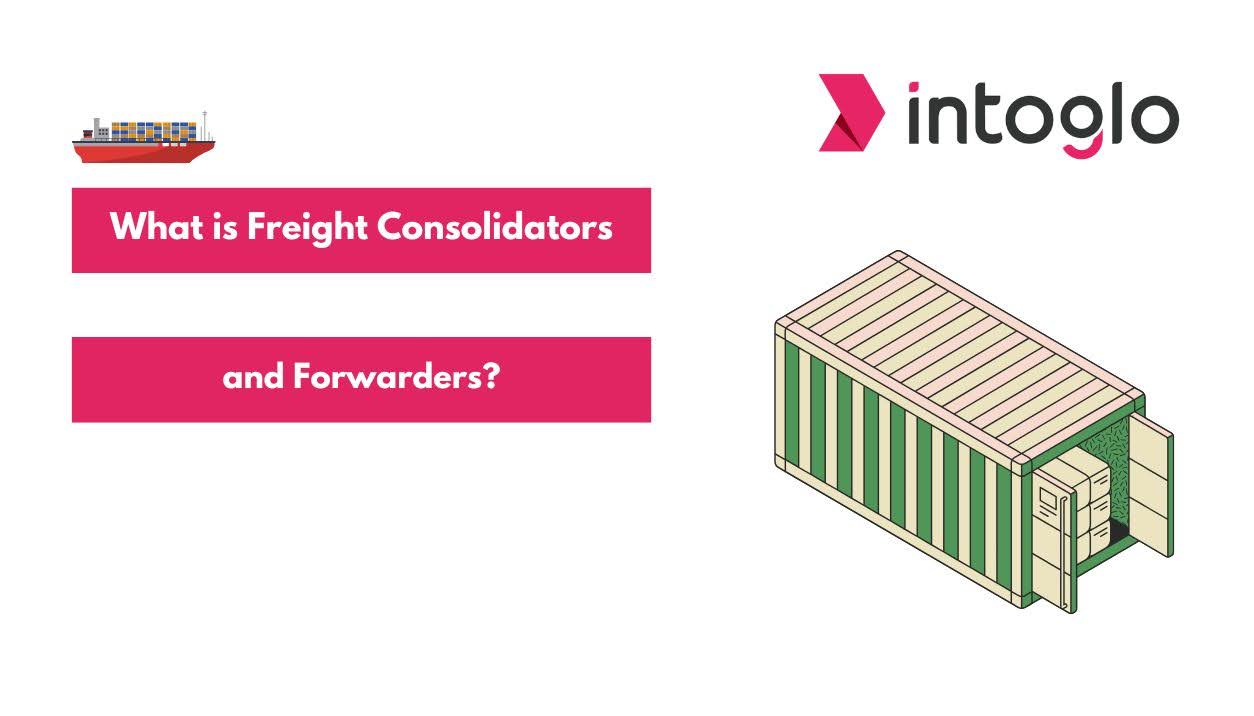
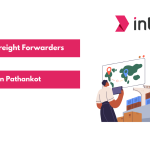
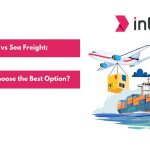
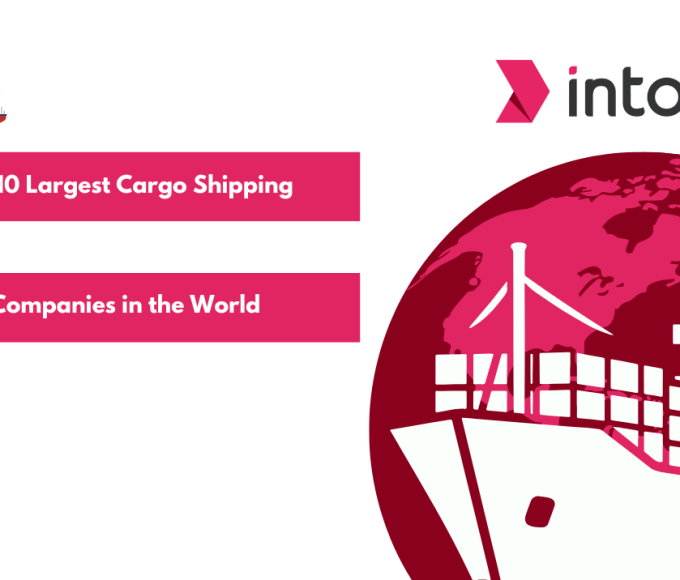
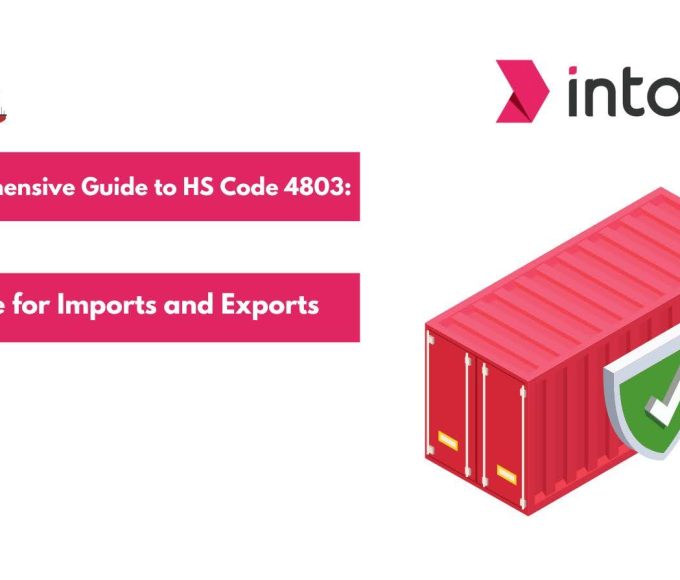
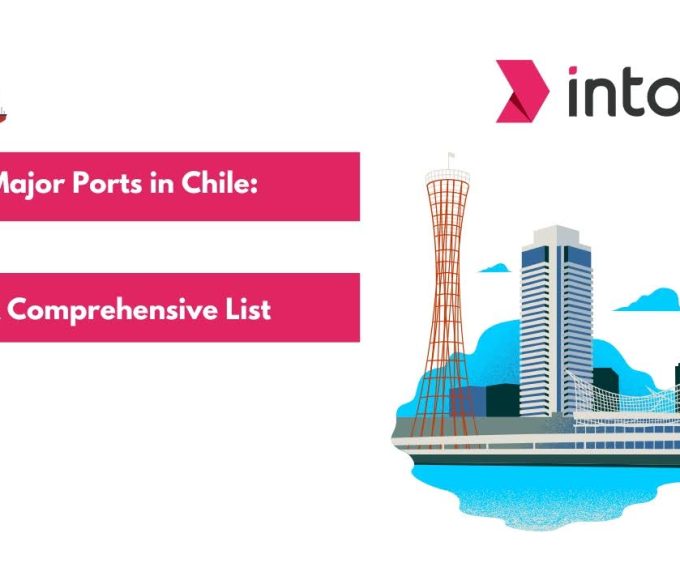
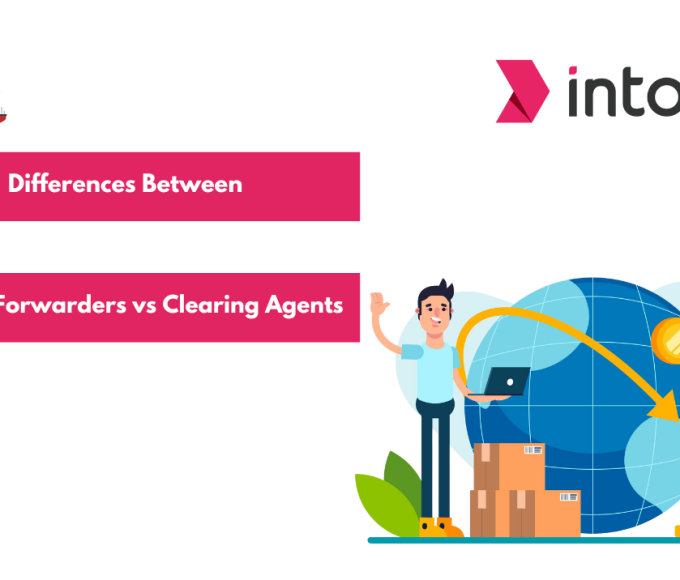
Leave a comment